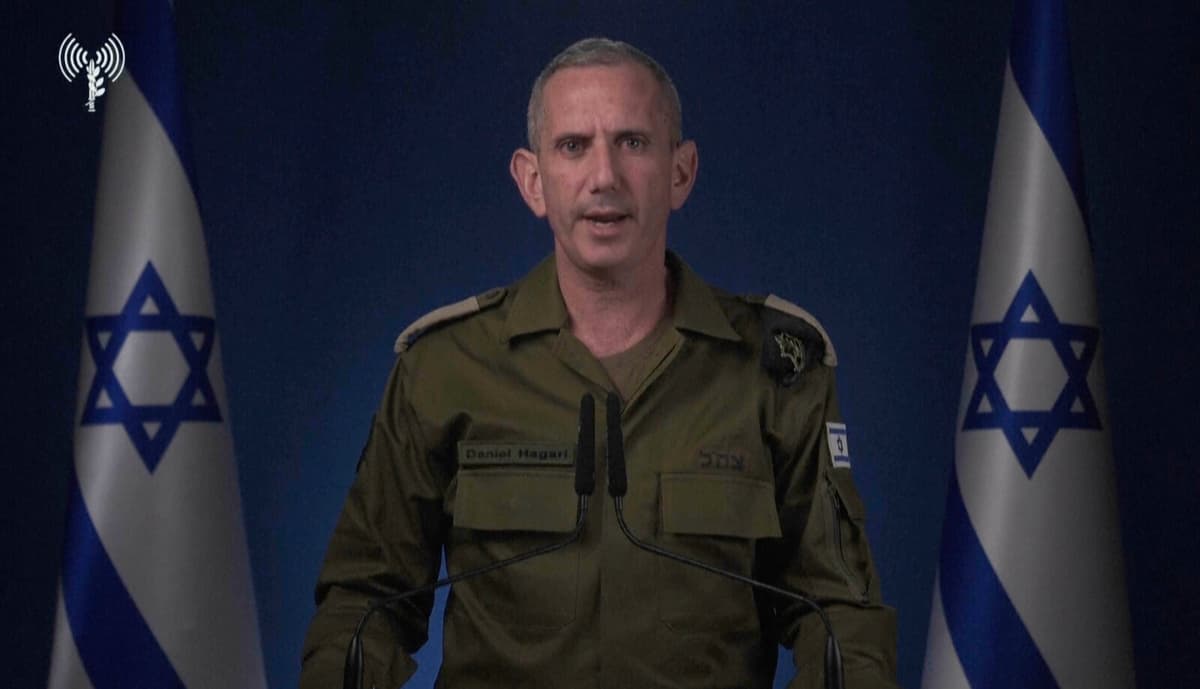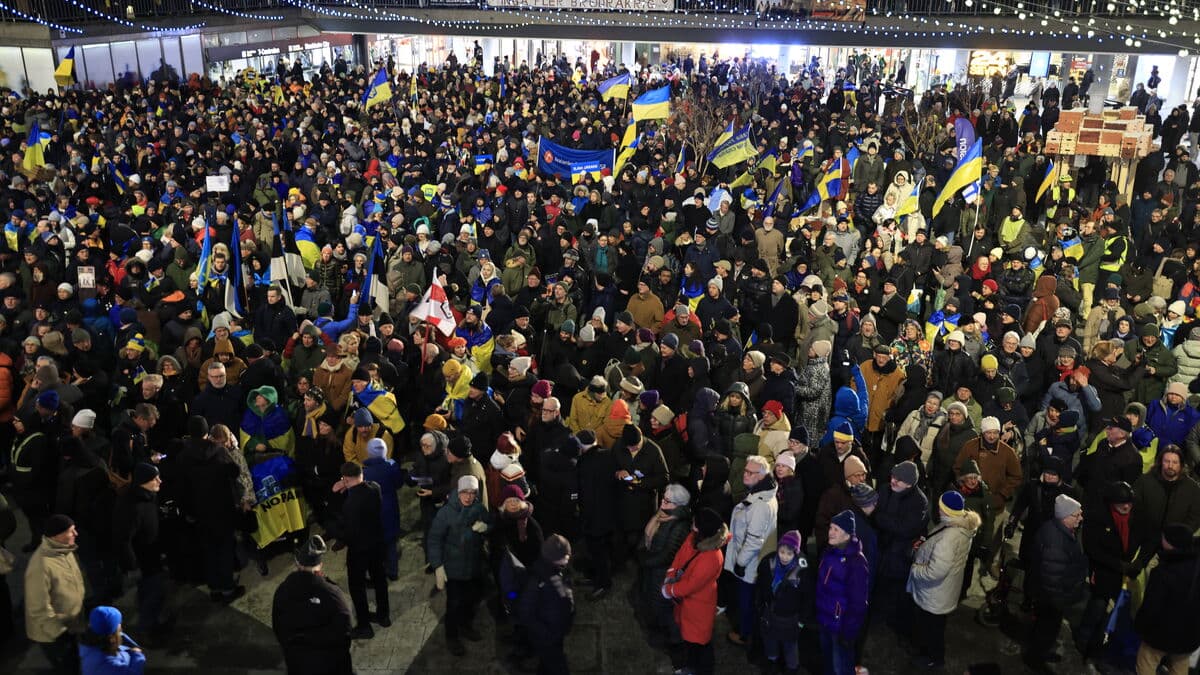Explosions were heard in the capital Tehran in several rounds during the night. At five o'clock on Saturday morning, Israel announced that the attack was over.
Israeli fighter jets had then carried out "precision attacks" and struck several weapons factories that manufacture robots, according to the Israeli military (IDF). Launch pads and the Iranian air defense system were also attacked.
The Iranian military reported on Saturday morning that the Israeli attacks had targeted bases in the Tehran area and in the provinces of Ilam and Khuzestan in the west, but claimed that they had caused "limited damage". Later on Saturday, the military announced that two soldiers had been killed in the attacks.
Closed Airspace
Both Iran and Iraq closed their airspace as a result of the attacks.
Almost simultaneously with Israel's announcement of the attacks at 01:30, reports also came from Syria about explosions around the capital Damascus.
The US did not participate in the attack but was informed by Israel before the attacks, according to American defense sources. President Joe Biden and Vice President Kamala Harris have received ongoing briefings about the attack, according to the White House.
"We urge Iran to stop its attacks on Israel so that this cycle of violence can come to an end without further escalation," says the spokesperson for the White House National Security Council, Sean Savett, in a statement.
Expected Response
Israel's Defense Minister Yoav Gallant had previously threatened with a "deadly, exact and surprising" response to Iran's drone attack on October 1, when Israel was attacked with around 200 drones.
If the regime in Iran makes the mistake of starting a new round of escalation, we will be forced to respond, says IDF spokesperson Daniel Hagari on Saturday morning.
Iran, in turn, described the extensive drone attack as revenge for Israel's killing of Hezbollah leader Hassan Nasrallah and Hamas leader Ismail Haniya, among other things.






